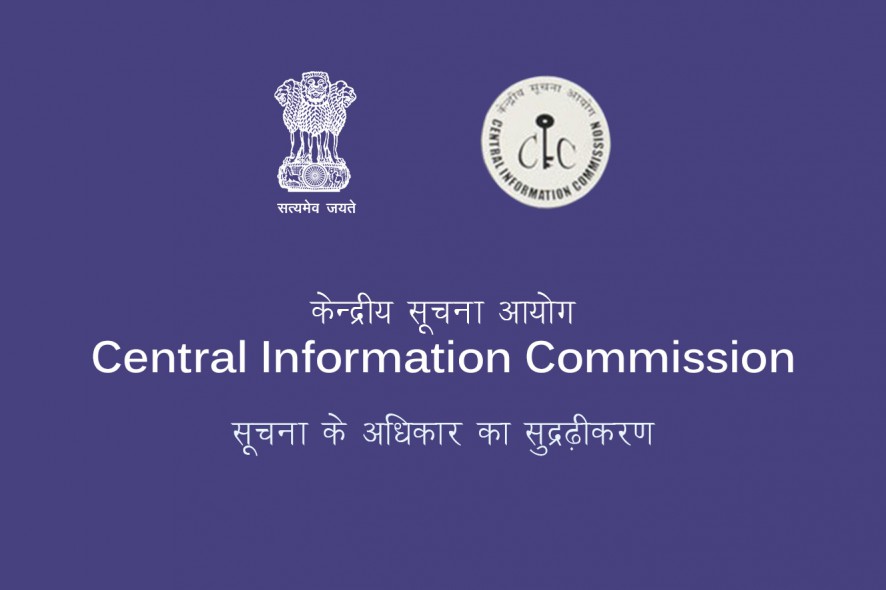Central Information Commission: The appellant had filed an RTI application in order to obtain the education related information about Union Minister Mrs. Smriti Zubin Irani that is, 10th and 12th mark-sheets and admit card of Minister from CBSE Board. However, Chief Public Information Officer denied the same under the pretext of Section 8(1)(j) of RTI Act, 2005 as per which CPIO can deny to provide any personal information of someone that has no nexus with the public activity.
The applicant appealed before the Central Information Commission aggrieved by the response. To this, the officer contended that the admit card and mark-sheet contained certain personal information, due to which he denied to provide the copies of the same to appellant while the CPIO took a contradictory plea that the information couldn’t be provided because of the voluminous records of lakhs of students and they were already short of staff and explained that the process of digitization of records was still in process and denied what the officer had said, that is, the information was personal.
To this, the Commission said that RTI Act doesn’t allow taking shelter under the practical difficulties to deny anyone the right to information and held that such an excuse by CPIO was invalid. The Commission highlighted Sections 74 and 76 of the Evidence Act which point out that a public document’s certified copy must be made available for inspection under the custody of any public officer or authority and went on to describe the functions and evolution of CBSE since 1962 in order to prove that they are involved in a public activity. The register maintained by the CBSE of the admitted students is a public document and it wouldn’t be correct to say that once a student has passed out, the information in the register becomes his/her personal information, the Commission observed.
Another question that the CIC dealt with whether the information sought for was the third party information given in fiduciary capacity by the student to educational institution. To this, the Commission responded negatively specifying that except the answer-sheet given in response to question paper in examination no other information is given by the student to the public authority in fiduciary capacity. Therefore, no other information could be withheld from disclosure.
Dealing with the personal information in the documents sought, the Commission said that personal information like address, contact number and email id, is the personal information of the candidate and need not be given, but result or contents of certificate, division acquired, year and number along with father’s name cannot be treated as personal or third party information. The Commission cited its own recent judgment in Subhash Chandra Tyagi v. CBSE, 2016 SCC OnLine CIC 11442 in which it had held that at the time when fake certificates and degrees are increasing, transparency to facilitate verification is essential and in this way, such RTI applications serve a larger public interest.
The Commissioner, M.Sridhar Acharyulu stated that when a public representative makes a declaration regarding his/her educational qualification, the voter has a fundamental right to verify that declaration. A recent Supreme Court judgment was also cited to support the same. In Mairembam Prithviraj Singh v. Pukhrem Sharatchandra Singh, 2016 SCC OnLine SC 1207, the Court had observed that right to vote would be meaningless unless the citizens are well informed about the antecedents of a candidate.… and this is one of the surest ways to cleanse our democratic governing system and the same is provided by Representation of the People Act.
It went on to observe that under RPA, 1951; Mrs. Irani must have fulfilled her statutory duty of revealing her educational qualifications and therefore, no fiduciary label could be attached to it that is, the information to be furnished under a statute cannot be claimed to be given in fiduciary capacity. It accordingly directed to the CBSE to facilitate inspection of relevant records and provide certified copies of documents selected by the appellant free of cost, except personal details in admit card and mark sheet, within 60 days from the date of receipt of the order. [Mohd. Naushaduddin v. PIO, CBSE, Ajmer; 2017 SCC OnLine CIC 360, decided on 17.01.2017]







